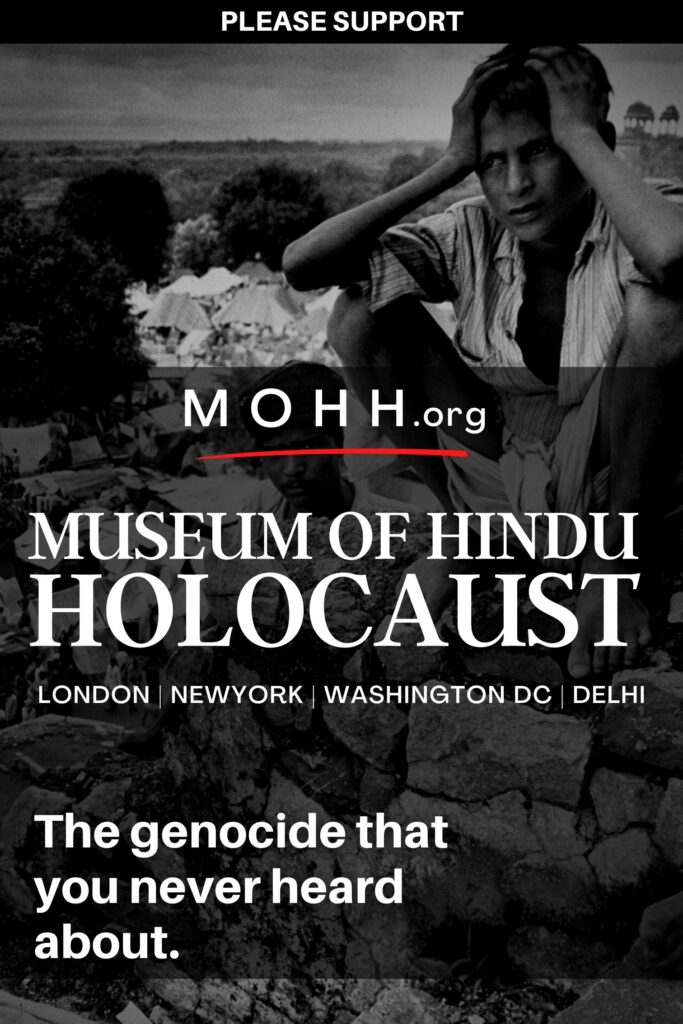(Reported as seen)
In a distressing incident that underscores the ongoing vulnerabilities faced by minority communities in Pakistan, another Hindu married woman has reportedly been abducted by a local ‘Sufi Saint’ in a small town of Sindh province. This case adds to the troubling pattern of forced conversions and marriages that have plagued the country, particularly affecting its Hindu minority.
The woman, whose identity has been withheld for safety reasons, was reportedly taken from her home last week, leaving behind a distraught family and a community shaken by the recurrence of such incidents. Eyewitnesses claim that the abduction was carried out with an alarming level of impunity, raising serious concerns about the involvement or complicity of local authorities.
Despite the family’s cries for help and their appeals to the police, their pleas have largely gone unheard, enveloped in the broader silence and indifference that often meets such cases of injustice against religious minorities in Pakistan. The lack of immediate and effective action to recover the woman and bring the perpetrators to justice starkly illustrates the systemic challenges and discrimination these communities face.
This incident is not an isolated one. Reports from various human rights organizations indicate that cases of forced conversions and marriages of Hindu and Christian girls and women in Pakistan have been on the rise. Such acts are frequently perpetrated under the guise of spiritual guidance or protection, exploiting the marginalized status of these communities.
The silence surrounding these injustices is as concerning as the acts themselves. It reflects a broader societal and institutional reluctance to confront and address the root causes of religious intolerance and discrimination. Activists and human rights defenders continue to call for urgent reforms, including the implementation of stronger legal protections for religious minorities and more effective enforcement mechanisms to prevent such abuses and ensure accountability.
As this latest case unfolds, the international community watches closely, hoping for a resolution that not only brings the victim home but also signals a commitment to ending the cycle of coercion and silence that has allowed such injustices to persist. The plight of this woman, and many others like her, remains a stark reminder of the long road ahead in the fight for religious freedom and equality in Pakistan.


![Pakistani Hindu Woman pushed in Slavery [Sindh, Pakistan]](https://www.projecthindukush.com/wp-content/uploads/chrome_UgYNBBdOkj-550x420.png)
![Pakistani Hindu Woman pushed in Slavery [Sindh, Pakistan]](https://www.projecthindukush.com/wp-content/uploads/chrome_WP2TBDlMqL-550x420.png)
![Pakistani Hindu Woman pushed in Slavery [Sindh, Pakistan]](https://www.projecthindukush.com/wp-content/uploads/She-died-twice-550x420.png)
